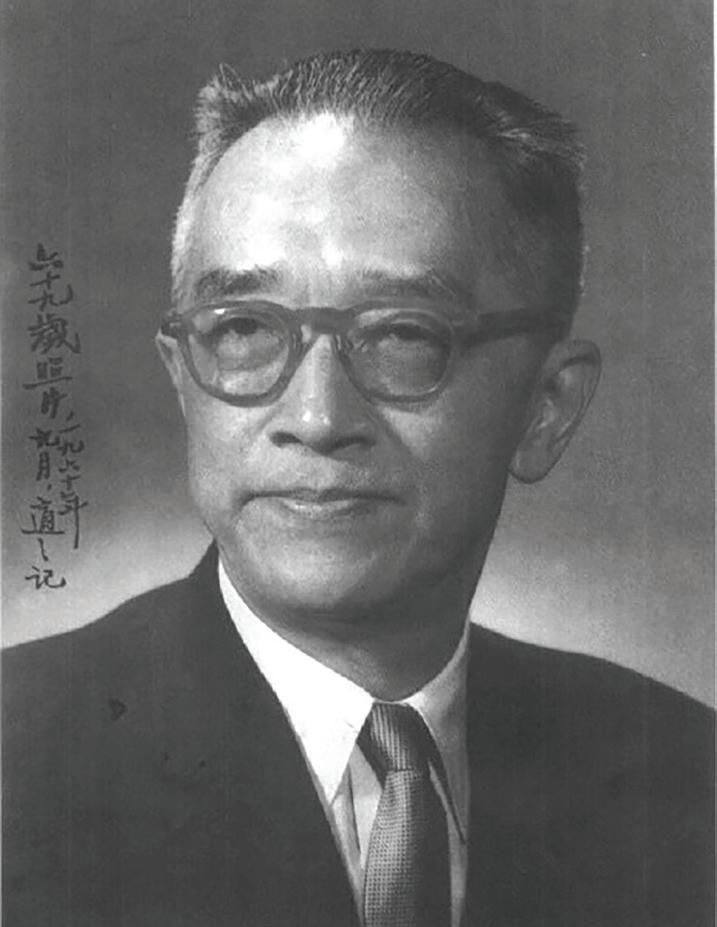
2 minute read
SECRETS
The literary heritage of Hu Shih’s monument at St. Stephen’s College
A sculpture of the popular game Tic Tac Toe commemorates the life of scholar and diplomat, Hu Shih (1891 - 1962) at St. Stephen’s College in Stanley. Best known for his contribution to Chinese liberalism and in establishing the Chinese vernacular as the official written language, the sculpture has been printed with the extracts of Hu’s writing and ideas in the form of a 3D matrix.
Advertisement
Born and educated in China, Shih left in the early 18th century to study agriculture at Cornell University under the Boxer Indemnity Scholarship Program, which provided for Chinese students to study in America. He later changed his major to philosophy and literature and went onto study philosophy at Columbia University, where he was greatly influenced by one of his professors, John Dewey and the idea of pragmatic evolutionary change.
After receiving his doctorate in 1917, Shih returned to China to lecture at Peking University - a post he held intermittently until the War of Resistance broke out in 1937. He gained the support of Chen Duxiu, editor of New Youth, a Chinese journal. Shih went on to publish his humble suggestions for literary reforms, a contribution to the literary revolution in China. At that time, China rejected writing in the classical language in favour of the standard dialect in order to make it easier for ordinary people to read and write. He went on to publish his magnum opus, The History of Chinese Philosophy, Vol. 1 in 1919, written in standard style.
During a trip to Hong Kong in 1935, Shih took a tour of Southside and was captivated by the stunning scenery, praising that “Hong Kong should have its own poets and artists to eulogize its fine natural setting.” He particularly enjoyed the sunset over the sea at Stanley, while indulging in afternoon tea at St. Stephen’s College.
Between 1938 and 1942 Shih held the position of the Republic of China’s ambassador to the United States, during which time he was nominated for a Nobel Prize in literature. He lectured at Harvard University from 1944-5 and returned to China to serve as president of Peking University between 1946 and 1948. When the communist party, led by Mao Zedong, assumed power, Shih left China and eventually moved to Taipei, where he was appointed president of the Academia Sinica (the national academy of Taiwan) before he died in 1962.











